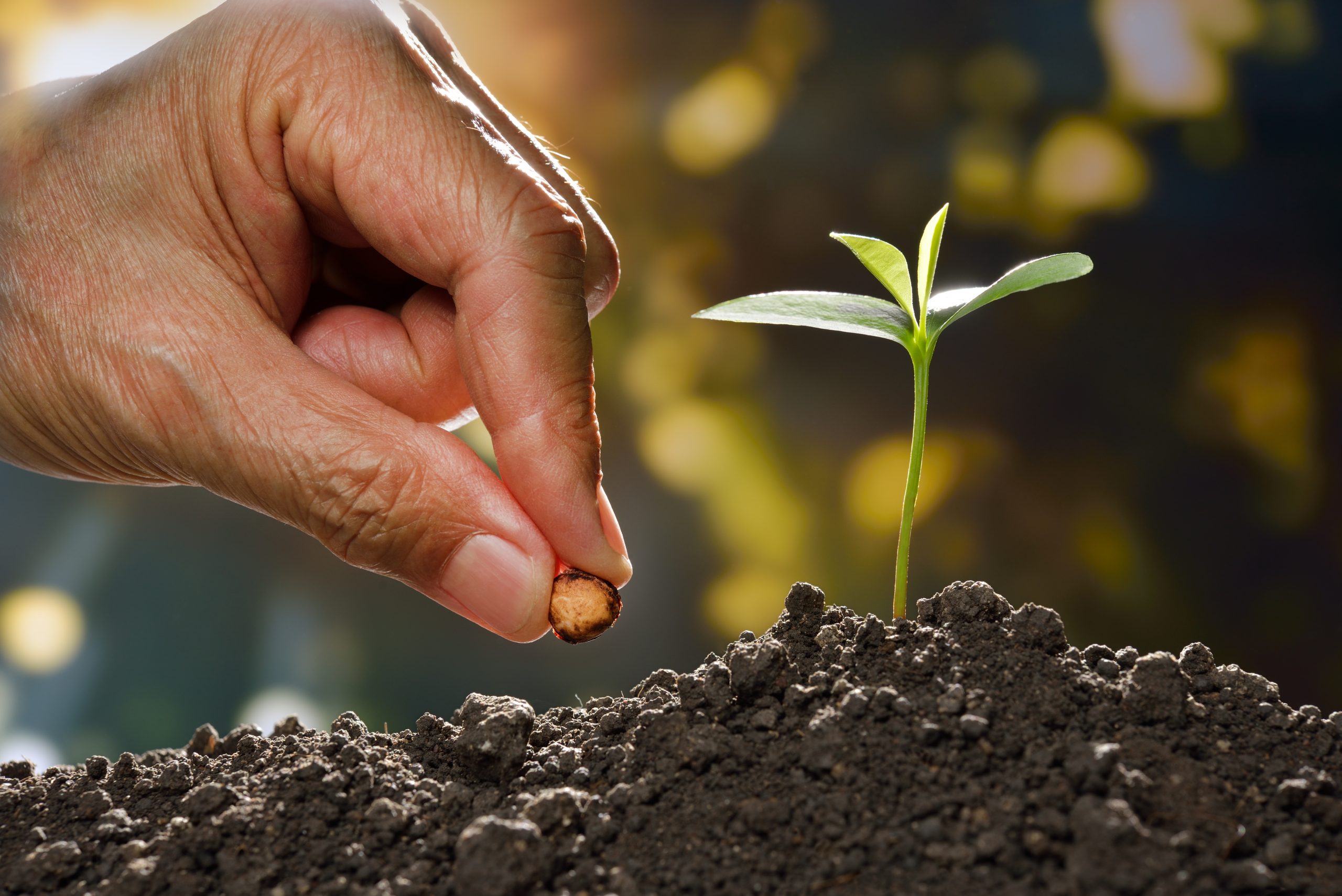Direct air capture, what is it good for? Why innovate when we already have technology that works?
The American Association for the Advancement of Science suggests that planting 1 trillion trees could have a massive effect on climate change. At the beginning of 2020, the Trump administration announced that the US will join 1t.org, which is an effort to plant and conserve 1 trillion trees by 2030.
In the US alone, there are 20 million of acres of land in need of reforestation. We would need to build new nurseries to plant roughly 6 billion trees. In this process, hundreds of thousands of jobs would be created. The National Alliance of Forest Owners released a report in 2019 that shows that 2.5 million people work in the forest sector, which accounts for 1.5% of US GDP.
However, a study published in Science Magazine brings to light the risks to rely on trees for long-term carbon storage. Even though forests can store large amount of carbon, trees are vulnerable to drought, wildfires, and disease, which have higher consequences due to the current climate crisis. The extreme case is that if global warming continues, forests could contribute to the problem, rather than be a solution.
It is clear that reforestation is not the only solution to mitigate climate change via direct air capture. For as much carbon trees store, there is the risk of natural disaster. Other direct air capture technologies are necessary, as well as other solutions that address the climate crisis. We will also need to implement policy changes, including decreasing the use of fossil fuels.
About The Author

Daniel currently works at Lawrence Livermore National Laboratory. His original assignment was to maintain and update facility safety documentation for all facilities on-site, and perform risk analysis. Over time, his role has expanded to leading continuous improvement efforts through product management.
Concurrently, Daniel volunteers with Techstars, helping organize startup weekends, and with the American Institute of Chemical Engineers, organizing events on the local and national levels of the organization. He also volunteers with One World, and previously with Powerhouse Ventures, to source and screen startups for potential investment.
Daniel holds a BS in Chemical Engineering from UC Davis, and recently completed coursework in energy innovation from Stanford. His passion is at the intersection of sustainability, innovation, and business.

